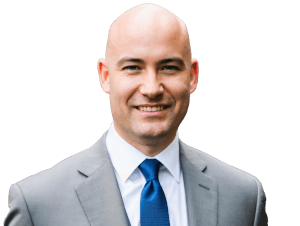Transcript:
If your loved one died of septic shock at a nursing home, then you may be able to claim wrongful death action and survivors’ action. This means that the nursing home will be held responsible for your loved one’s death, and will be forced to compensate the deceased person’s estate. Septic shock is often preventable, so if your loved one died of septic shock at a nursing home, you may have a good chance of proving that the nursing home was guilty of neglect.
Septic shock is the final stage of sepsis, a condition that develops as the result of a serious infection. Sepsis is potentially life threatening, especially in people over the age of 60. Septic shock occurs when sepsis has advanced to the critical stage, at which point a person’s blood pressure drops critically. Septic shock can cause heart failure, respiratory failure, and, in extreme cases, death.
Septic shock is a common problem in nursing homes because nursing home residents are already at increased risk for developing infection. In addition to age and a compromised immune system, other factors that increase a person’s risk of going into septic shock include injuries, illness, and the use of catheters and similar medical instruments.
Nursing home staff should guard against septic shock by watching for the symptoms and treating infections early on. Symptoms of sepsis include fever and high respiration and heart-rate. In severe sepsis, a person may have trouble breathing, experience abdominal pain, abnormal heart activity, and an altered mental state. Nursing homes have the responsibility to watch for these symptoms and treat patients for sepsis immediately so they don’t develop septic shock.

Nursing homes have a legal duty to use reasonable care to protect their residents from the risk of septic shock. If a nursing home fails to take the right precautions, and a resident dies of septic shock, then that facility may be liable for the consequences. This means that the nursing home may be responsible for medical bills, out-of-pocket expenses, and related pain and suffering.

If your loved one died of septic shock at a nursing home or assisted living facility, and you are wondering if you have a claim, please feel free to call and speak to one of our experienced Georgia nursing home neglect lawyers today. Our consultations are always free. If you would like more information about this topic, be sure to click on our other videos, or better yet, click the subscribe button to subscribe to our YouTube channel. Thank you.




